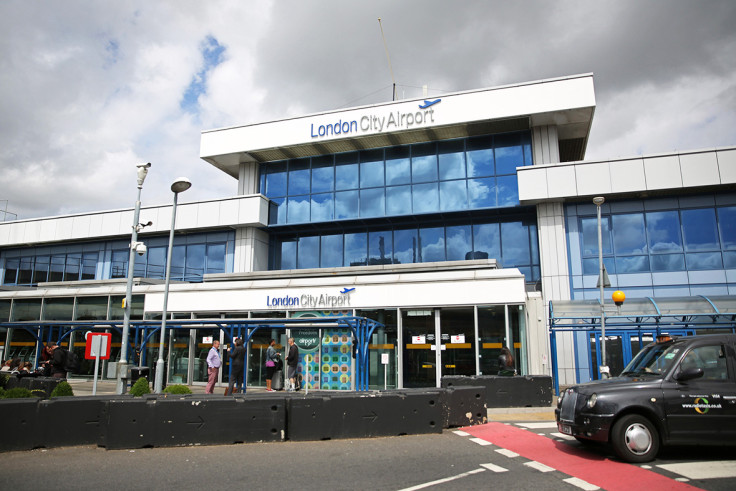Rome Airport tests 'smart helmet' before resuming operations
Airports prepare to get back into business amid coronavirus pandemic.
Coronavirus pandemic is far from over. After spending months in lockdown, the governments are preparing for a new normal in the coronavirus era. Apart from the quest for a vaccine, scientists, researchers, and engineers are using technology to create a support system that will help sustain the pandemic.
In an attempt to resume operations at Rome airport and create a safe environment for travelling amid the COVID-19 outbreak, the engineers are testing a new device called "smart helmet." This device is said to be designed to scan passengers effectively and verify if they are carrying Sars-CoV-2 or novel coronavirus, the cause of deadly respiratory illness that has claimed the lives of more than 300,000 people worldwide.
According to Independent, this helmet helps security officers to identify and remove coronavirus carriers and prevent them from spreading it to other passengers. The kit is currently being tested at Fiumicino airport in Rome before the authorities open the airport again.
The helmet uses infrared images to measure the temperature that will appear on the right eye. If Rome puts this gadget to regular use, it will be the first airport in the world to use "one of a range of proposed gadgets intended to spot those who could be carrying the disease."
Since Italy remains one of the most affected countries in the world, Rome was forced to drastically reduce flight operation. However, with the decline in the daily cases, the flight operations in Italy's capital city is expected to recommence next month.
The new device appears to be a gadget straight out of some sci-fi movie. Speaking with WCAX, Massimiliano Moretto, a senior engineer behind the project said that the helmet is able to detect the temperature of groups, too.
"The pictures are then transmitted to a visor inside the augmented reality helmet that projects what the operator sees on his visor. It is able to detect the temperature of the single person but also of groups," Moretto said.
"So it has the temperature reading mode, it has facial recognition capabilities, plate number recognition, QR code reader, and ultimately this all connects together to give you the history of a person," said Namir Houran, managing director of global manufacturing and industrialisation summit.

It is reported that similar headgear is being used by police in Dubai with a capacity of scanning up to 200 people a minute.
© Copyright IBTimes 2025. All rights reserved.





















